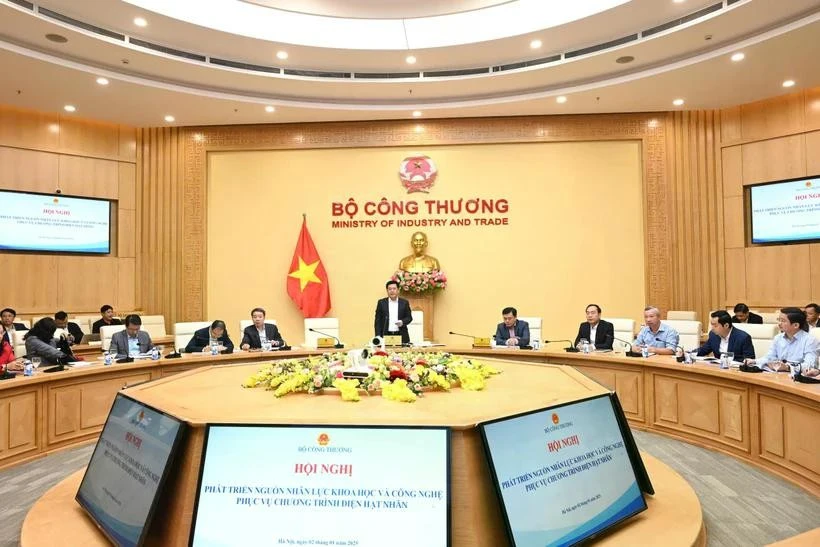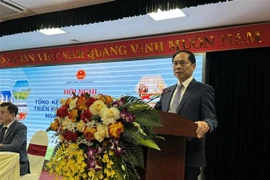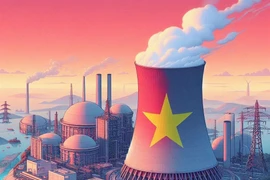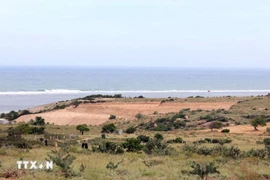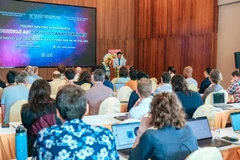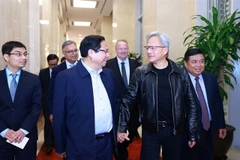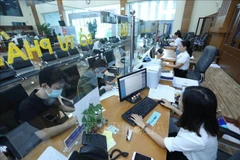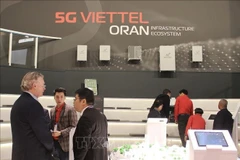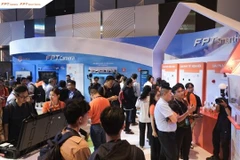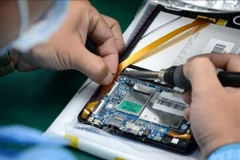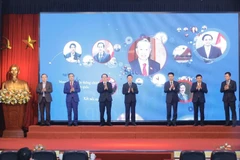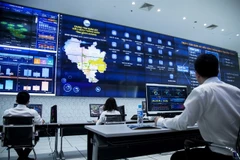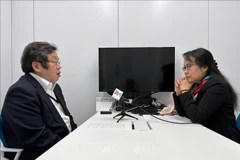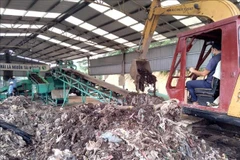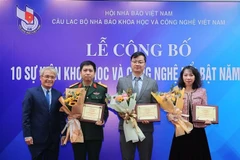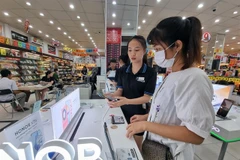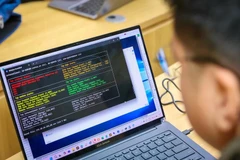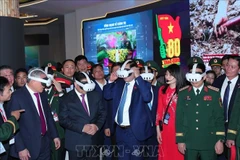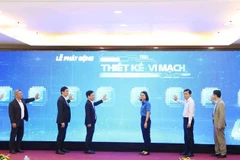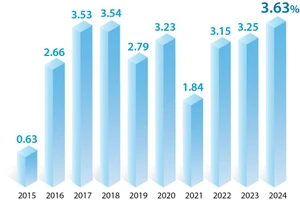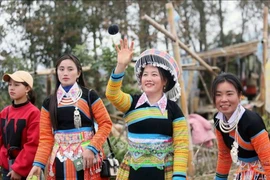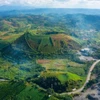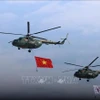Hanoi (VNA) – Minister of Industry and Trade Nguyen Hong Dien chaired a conference on January 2 regarding the development of science and technology human resources in service of Vietnam's nuclear power programme.
In his opening remarks, the minister highlighted the local potential for nuclear power development, noting that fifteen years ago, surveys identified 13-14 suitable locations for nuclear power plants.
He stated that Vietnam’s geography, which stretches from North to South, is particularly conducive to small-scale nuclear power systems. These systems are ideal for areas with low electrical loads or abundant renewable energy sources, such as wind and solar. The synergy between small modular nuclear reactors and these renewable sources could provide stable, clean power, supporting the nation's economic development goals and its commitment to achieving carbon neutrality by 2050.
Dien added that Vietnam is a populous nation with a young demographic that is quickly adapting to advanced technologies.
Ly Quoc Hung, Director General of the ministry’s Department of Science and Technology, held that the nation’s nuclear power sci-tech workforce currently faces shortages in both quantity and quality, including a lack of top-tier scientists and engineers.
In addition to professionals specialising in energy, over 50% of the workforce required for nuclear power plant projects will come from other fields, including mechanical engineering, chemistry, materials science, electricity, electronics, automation, and environmental science. However, domestic educational and training facilities currently lack both the experience and focus needed to prepare human resources for this sector.
According to a report from Vietnam Electricity (EVN), by 2017 – before the suspension of the Ninh Thuan nuclear power plant project under the National Assembly’s Resolution No. 31/2016/NQ-QH, the Ministry of Education and Training had sent 429 students, including 80 from Ninh Thuan province, to study nuclear energy-related fields at universities in Russia. EVN also sent 31 students to study nuclear energy-related majors and dispatched 24 engineers to Japan for training. Additionally, the state utility worked with the Moscow-based state-run corporation ROSATOM to develop a detailed training plan for the project.
Currently, no comprehensive review or detailed statistics are available regarding the status of these trained personnel. However, it is noted that only a small number of them are currently employed at EVN, while the majority have taken jobs abroad or work in other industries.
According to the International Atomic Energy Agency (IAEA) and leading global entities like France’s EDF and Russia’s ATOMSTROYEXPORT, operating a nuclear power plant with two reactors and a combined capacity of approximately 2,000 MWe requires a workforce of 600-1,200, with qualifications ranging from vocational intermediate to university levels across various disciplines. Key operational roles in the plant demand those with training and experience of 5 to 10 years.
For Vietnam, operating such a plant would require around 1,200 people for safety monitoring and radiation protection, project management, leadership, reactor operation, maintenance, technical support, and related services. If both the Ninh Thuan 1 and Ninh Thuan 2 nuclear power plant projects are revived (each with a total capacity of 4,000 MW), the estimated employee requirement would double.
Furthermore, this figure excludes the human resources needed for state management, researchers in institutes, and educators in academic institutions.
Minister Dien emphasised that human resources development is a decisive factor for Vietnam to implement its ambitious nuclear energy plan. Sustainable development in this field requires establishing a comprehensive ecosystem for nuclear energy. To this end, it is necessary to complete a forecast of the training demand, scale, and specialized fields by the end of the first quarter 2025./.
